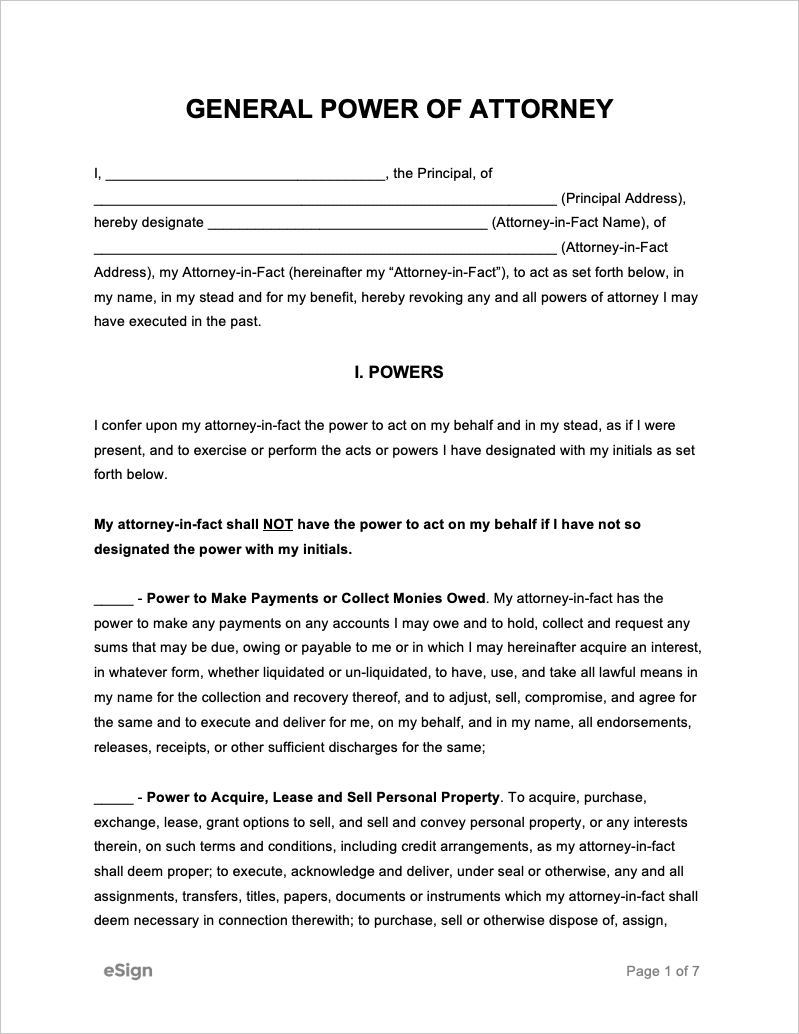Be wary of an attorney that is too eager to take your case. Don’t get pushed into doing anything you’re not sure of. A good attorney will let you know up front if he thinks you have a good case, and if he is reasonably sure that the outcome will be to your benefit. He’ll let you know if he’d rather not take your case, and recommend someone else who might serve you better in this instance.
A. First, just because you are married does not mean that your spouse automatically serves as your POA. There are also two kinds of Powers of Attorney–one for assets and one for healthcare. A spouse CAN make medical decisions for you, but if you have a checking account or own property in your name only, there’s nothing your spouse can do to touch it before or after you become incapacitated. Your spouse (or anyone else you desire) would need to be named as your lawyers who write wills near me. And you can have multiple people mentioned who would serve in succession.
Your first question will probably be about cost. You will most likely have to schedule a consultation with an attorney before you find out how much he or she will charge you to take your case. Some attorneys will take cases “pro bono”. This means that all of their work will be free of charge. This should not be expected, however. The attorney may quote you an hourly fee, a flat rate, or you can ask the attorney to quote you a maximum fee. Be concerned if you ask for a maximum fee quote and the attorney quotes you a retainer fee, but refuses to quote a maximum fee. An attorney may also charge a contingency fee, where they only charge money if they win your case for you.
Sometimes when looking for a professional, age is used as a determining factor. However, this is not necessarily a good indicator of a lawyer’s experience or capabilities. Sometimes a young lawyer trying to make his or her mark will work harder to win a case and do a good job for their client.
Don’t risk your discharge by firing your attorney. There are certain points during your case at which the presence of an attorney is absolutely necessary. If you switch your attorney right before a hearing date, for example, you may be putting your discharge at risk and thusly the protection from foreclosure, credit card debt help, and relief from creditors that your family needs. Don’t get rid of your current attorney unless you’ve got another one ready to jump into your case.
If your loan modification provider advises that you not contact your lender, non-profit counselor, or any other professional, raise the red flag. They are keeping you guarded from sound advice and counsel.

